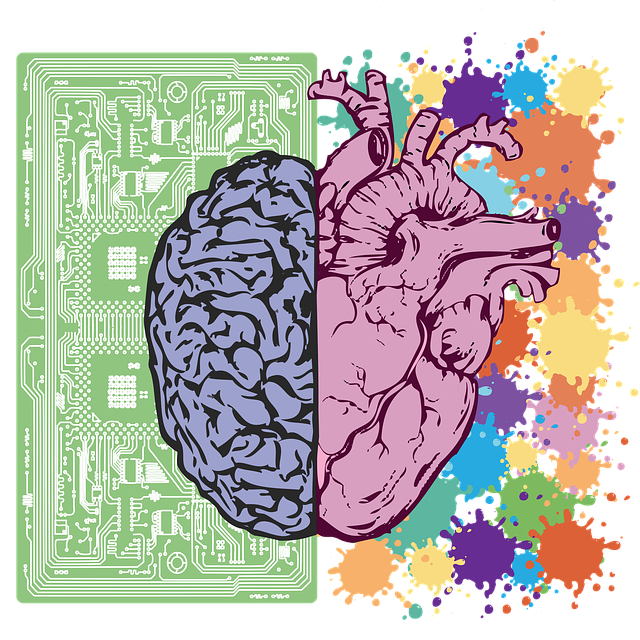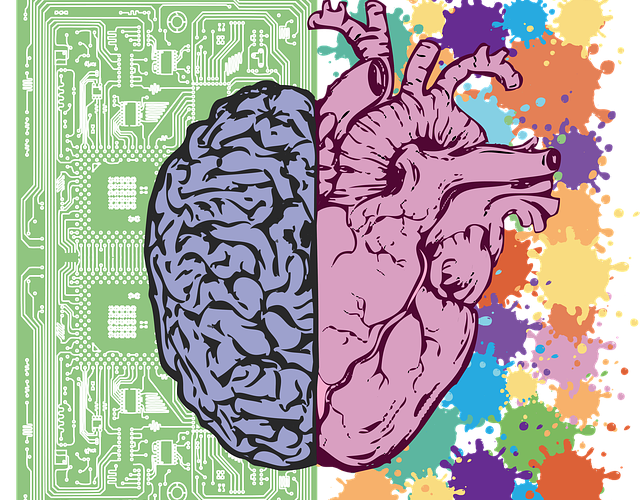Why is this so important? Well, picture this: you’re in a heated discussion, and instead of letting anger or frustration take the wheel, you step back and tap into your emotional intelligence. You read the room, identify the emotional triggers at play, and adjust your response accordingly. This not only defuses tension but also builds stronger connections.
Moreover, in the workplace, leaders with high emotional intelligence create environments where people feel valued and understood. They can inspire, motivate, and navigate conflicts with a finesse that boosts morale and productivity. Imagine a team where everyone feels heard—sounds like a dream, right?

But it doesn’t stop there! Emotional intelligence improves our relationships, from family dynamics to friendships. It involves active listening and empathizing, which deepens our connections with others. When someone shares their concerns, responding with understanding rather than judgment fosters trust and openness.
The Components of Emotional Intelligence
Next is self-regulation. Imagine driving a car without brakes; that could get chaotic, right? Self-regulation gives you the ability to pause and think before you react, keeping those emotional brakes handy. It allows you to manage your impulses and maintain control over your actions, which is super helpful in high-pressure situations.
Moving on, we have motivation. This isn’t just about chasing after what you want; it’s about igniting that inner fire that drives you. When you’re motivated by your values and aspirations rather than external rewards, it’s like charging your battery with positivity. You’ll find yourself more resilient and focused on long-term goals rather than getting sidetracked by immediate gratification.
Then there’s empathy, often seen as the heart of emotional intelligence. It’s about getting into someone else’s shoes and understanding their feelings. Think of it like tuning into a radio station that plays someone else’s favorite song; you might not know the tune, but you can appreciate the emotion behind it.
Finally, we have social skills, which are essential for building and maintaining relationships. It’s how we communicate effectively, resolve conflicts, and inspire others. It’s like having a toolkit full of gadgets for every social situation. The blend of these components creates a powerful synergy that enhances our interpersonal interactions and emotional health.
How It Affects Personal and Professional Life
Ever notice how your mood at work affects how you interact with family? If you’re bogged down by deadlines, you might snap at your loved ones, turning a cozy dinner into a tense affair. It’s like tossing a pebble in a pond—the ripples spread far and wide, impacting those around you. On the flip side, a fulfilling personal life can boost your professional performance. Imagine coming home to an encouraging environment; it’s like a warm hug that recharges your batteries for the next day at the office.
Your relationships, emotional well-being, and career goals are all interconnected. Let’s say you’re feeling on top of the world because you nailed that presentation at work. You come home with a spring in your step, ready to tackle household chores or help the kids with their homework. It’s a beautiful cycle—positive professional achievements lift your spirit, enhancing your personal interactions.
But watch out! If personal turmoil strikes—like a relationship breakup or family issues—it can weigh you down at work. Your focus wavers, opportunities may slip through your fingers, and before you know it, stress becomes your unwelcome companion. It’s essential to keep that balance, juggling the demands of work and home like a seasoned performer in a circus. The key is to find strategies that allow you to thrive in both realms, creating a harmonious life that feels less like a struggle and more like a delightful dance.

























Add comment